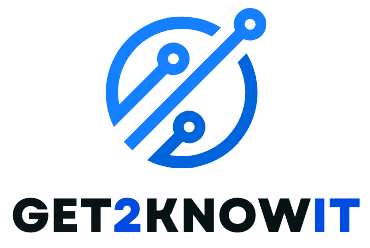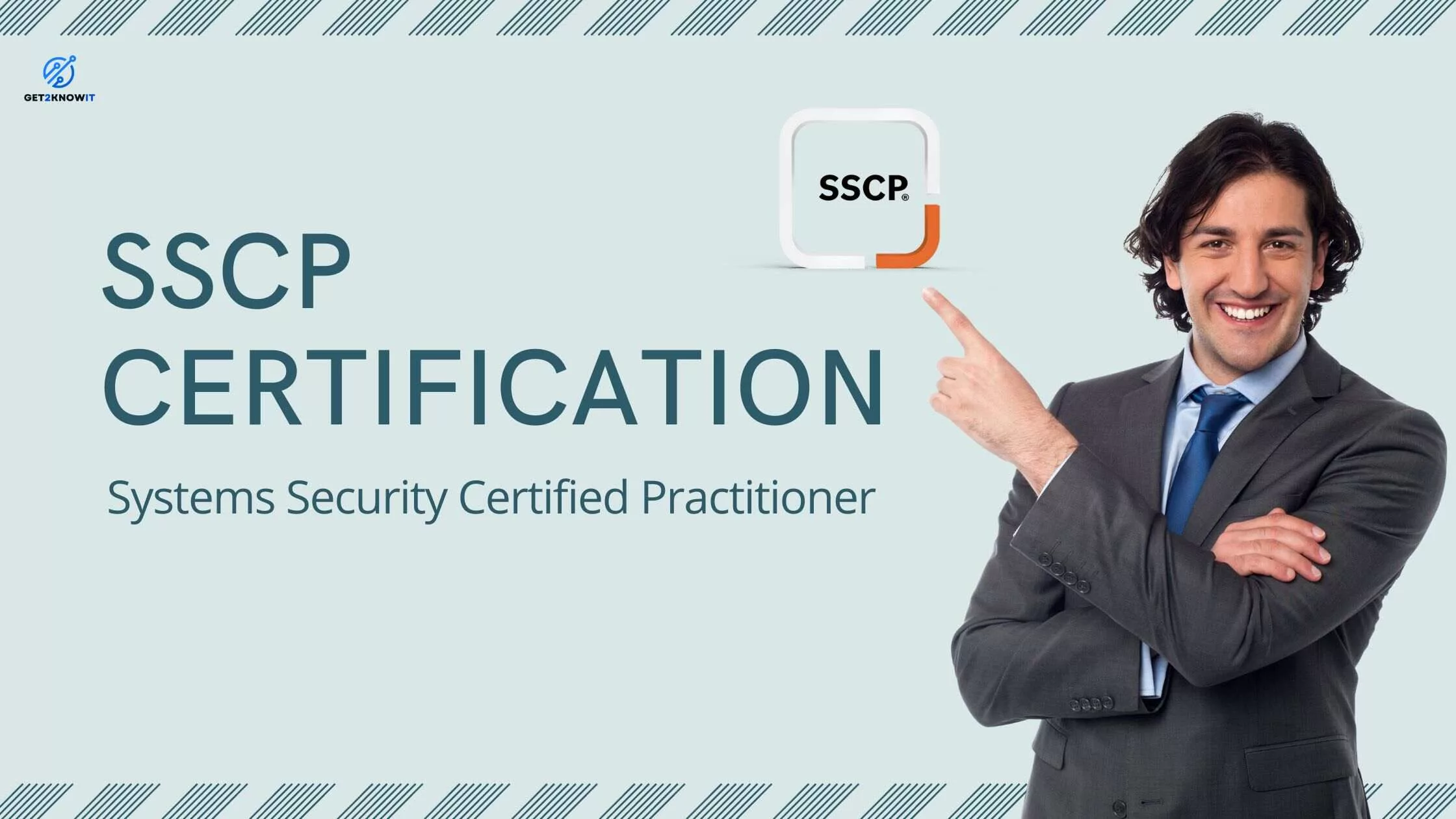The American Welding Society (AWS) administers a strict Welding Certification program that ensures the skills and abilities of welders and inspectors. The well-known Certified Welder Program and the differentiated Certified Welding Inspector (CWI) are two examples of certification. Exams, demanding standards, and adherence to company rules are all part of the method. AWS offers recertification programs as well as fast-track programs for expedited skill development. AWS certification opens the door to more prospects in welding by stressing industry-relevant skills and adherence to quality standards.
Types of AWS Welding Certifications
AWS (American Welding Society) offers a diverse range of professional welding certifications to validate and enhance the skills of individuals in the welding industry. Here are some notable certifications:
- Certified Welder (CW):
- Overview: The Certified Welder program is intended to provide transferable qualifications to professional welders who have shown an industry-required skill level.
- Certified Welding Inspector (CWI):
- Overview: For those concerned in welding inspection, the CWI certification is a respected certificate. It entails a thorough examination and denotes expertise in welding inspection techniques.
- Senior Certified Welding Inspector (SCWI):
- Overview: SCWI is a higher level of certification than CWI, demonstrating greater expertise and experience in welding inspection.
- Certified Welding Supervisor (CWS):
- Overview: The CWS certification is intended for welding supervisors, stressing their role in supervising welding operations and ensuring industry compliance.
- Certified Welding Educator (CWE):
- Overview: The CWE certification is for welding educators, acknowledging their capacity to pass on information and skills to prospective welders.
- Certified Welding Sales Representative (CWSR):
- Overview: The CWSR certification is designed for welding sales professionals who want to demonstrate their grasp of welding processes and industry requirements.
These certifications cater to different roles within the welding industry, ensuring a well-rounded validation of skills and knowledge. Aspiring individuals can choose the certification that aligns with their specific expertise and career goals.
AWS Welding Certification Process
Research and Choose the Right Certification:
Individuals should begin by researching the various AWS welding certifications available and selecting the one that aligns with their career goals. Certifications range from Certified Welder to specialized roles like Certified Welding Inspector (CWI).
Understand Eligibility Criteria:
Each AWS certification has specific eligibility criteria. Prospective candidates must carefully review these requirements, which may include a combination of education, work experience, and training in welding.
Prepare for the Certification Exam:
Extensive preparation is crucial. AWS provides resources such as study materials, seminars, and preparatory courses. Candidates are advised to thoroughly understand welding processes, codes, and standards relevant to their chosen certification.
Submit Application:
Once prepared, candidates must submit their applications to AWS. This typically involves providing details about their welding experience, education, and any relevant certifications. Application forms are available on the AWS website.
Application Review:
AWS reviews submitted applications to ensure candidates meet the specific eligibility criteria. It is essential to provide accurate and verifiable information during this stage.
Schedule and Take the Exam:
Upon approval, candidates can schedule their certification exam. Exams may be in written, practical, or a combination format, depending on the certification. It’s crucial to be familiar with the exam format and content.
Successfully Complete the Exam:
Candidates must perform well in the examination to achieve a passing score. For certifications like the Certified Welding Inspector (CWI), a combination of practical and written exams evaluates both theoretical knowledge and hands-on skills.
Receive Certification:
Upon successful completion of the exam, AWS will issue the certification. This official recognition demonstrates the individual’s proficiency in welding and adherence to industry standards.
Consider Recertification:
AWS certifications often have expiration dates. Welding professionals should be aware of recertification requirements and plan accordingly to maintain their credentials.
Advance to Higher Certifications:
After obtaining a foundational certification, individuals may choose to advance their careers by pursuing higher-level AWS certifications, such as Senior Certified Welding Inspector (SCWI) or Certified Welding Supervisor (CWS).
By following these steps, individuals can navigate the process of obtaining AWS welding certification, ensuring a solid foundation for a successful career in the welding industry.
Welding Codes and Standards
Adhering to welding codes and standards is paramount in AWS certification, ensuring uniformity, quality, and safety in welding practices. The importance of compliance is emphasized in the AWS certification process, influencing the recognition and acceptance of welders and inspectors. Here’s an overview of common codes and standards in welding:
- AWS Codes and Standards:
- Source: AWS Codes and Standards
- The American Welding Society (AWS) establishes and maintains numerous codes and standards that serve as industry benchmarks. AWS certifications often align with these standards, emphasizing their significance in the certification process.
- Certified Welding Inspector (CWI) Criteria:
- Source: Certified Welding Inspector – AWS
- AWS Certified Welding Inspector candidates must possess a thorough understanding of welding codes and standards. Mastery of these criteria is essential for successfully obtaining the CWI credential.
- Educational Emphasis on Codes:
- Source: Welding & Joining Technology: Welding Codes & Standards
- Educational resources stress the significance of welding codes, with emphasis on standards like API Standard 1104 and ASME Section IX. Knowledge of these codes is vital for students pursuing AWS certifications.
- AWS Certified Welder Program:
- Source: Certified Welder Program – AWS
- The AWS Certified Welder program, which is performance-based, implicitly assesses adherence to welding standards. Successful completion indicates a welder’s ability to meet industry codes.
Welding Procedure Specification (WPS)
A Welding Procedure Specification (WPS) is a critical document in welding, serving as a set of instructions for welders to achieve a specific welding outcome. The significance of creating a WPS is multi-faceted, especially in the context of AWS certification:
- Quality Assurance:
- A WPS ensures consistency and repeatability in welding processes, contributing to the overall quality of welded joints. It provides a standardized framework for executing welding procedures.
- Compliance with Standards:
- WPSs are designed to meet the requirements of industry standards, such as those set by the American Welding Society (AWS). Compliance with these standards is crucial for obtaining and maintaining AWS certification.
- AWS Certification Requirements:
- For individuals seeking AWS welding certification, adherence to approved WPSs is a key criterion. The welding procedures outlined in a WPS must align with AWS standards to demonstrate competence and proficiency in welding practices.
- Documentation for Inspection:
- WPSs serve as documented evidence of the welding procedures employed. During inspections, certification bodies may review these specifications to ensure that welding processes meet the necessary criteria.
- Risk Mitigation:
- By explicitly detailing welding variables such as materials, techniques, and parameters, a WPS helps identify and mitigate potential risks associated with welding. This proactive approach enhances safety and reduces the likelihood of defects.
Guidelines for Creating a WPS for AWS Welding Certification:
- Reference Applicable Standards:
- Utilize AWS standards and specifications, such as AWS B2.1/B2.1M, as a foundation for creating WPSs.
- Qualification Requirements:
- Ensure that the welding procedures outlined in the WPS align with AWS certification qualification requirements.
- Detailed Welding Variables:
- Clearly define welding variables such as base materials, joint design, welding processes, filler metals, preheat, and interpass temperatures.
- Testing and Inspection Procedures:
- Specify non-destructive testing and inspection methods to validate the quality of the welded joint.
- Approval Process:
- Follow AWS guidelines for the approval process of WPSs, which may involve submission and review by qualified personnel.
Creating a comprehensive and accurate WPS is fundamental not only for achieving AWS certification but also for ensuring the integrity and reliability of welded structures and components.
Recertification
AWS Welding Certifications typically remain valid for three years from the date of enrollment. Individuals need to complete recertification before the three-year period expires in order to keep their AWS Certified status. Recertification ensures that qualified professionals are up to date on current regulations and norms.
AWS provides recertification rules and policies, and the process may entail demonstrating continuous proficiency, knowledge, and adherence to AWS standards. Certified Welders, for example, may be required to file a Certification Maintenance Form every six months, but Certified Welding Inspectors (CWI) must complete an 80-hour continuing education course as part of the 9-Year Recertification process.
Welding Careers with AWS Certification
Industry Recognition:
AWS welding certification improves job chances in the welding business greatly. AWS certifications are recognized by employers as a show of skill and adherence to industry standards.
Certified Welder Roles:
AWS Certified Welders are in high demand in areas such as manufacturing, construction, and aerospace. Depending on their accreditation, they can work as a structural welder, pipe welder, or in specialized positions.
Certified Welding Inspector (CWI):
A Certified Welding Inspector (CWI) credential opens the door to welding inspection careers. CWIs ensure that welding operations adhere to industry regulations and standards, and so play an important role in quality control and safety.
Senior Certified Welding Inspector (SCWI):
SCWIs with advanced certification are frequently in positions of leadership in welding inspection. They may be responsible for leading inspection teams, developing quality control systems, and contributing to the overall efficiency of welding operations.
Certified Welding Supervisor (CWS):
Certified Welding Supervisors supervise welding processes and ensure that AWS requirements are met. They are crucial in the management of welding crews, the upkeep of safety procedures, and the optimization of welding operations.
Educational Roles as CWE:
Those who hold a Certified Welding Educator (CWE) certification can work in education. They could work as welding instructors, trainers, or educators in vocational schools, colleges, or training facilities.
Sales and Representation:
Professionals having a Certified Welding Sales Representative (CWSR) qualification can look into welding sales prospects. They have in-depth understanding of welding techniques and standards, allowing them to communicate effectively with clients.
Entrepreneurial Ventures:
AWS-certified welders frequently pursue entrepreneurial opportunities, creating their own welding enterprises. Certification adds credibility, attracting clients who respect knowledge and dedication to quality.
Consulting and Inspections:
Certified professionals may opt for consultancy roles, providing expertise in welding processes, inspections, and compliance. This avenue allows for diverse project involvement and the application of specialized knowledge.
Career Advancement Opportunities:
AWS welding certifications serve as a foundation for continuous career growth. Welding professionals can advance to higher-level certifications, taking on more challenging roles and contributing to the industry’s technological advancements.
AWS welding certifications not only validate skills but also pave the way for diverse and rewarding career paths within the dynamic field of welding. Whether on the shop floor, in educational institutions, or entrepreneurial ventures, AWS-certified individuals are well-equipped for success in the welding industry.
AWS Welding Certification Forum
- American Welding Society Forum:
- Link: American Welding Society Forum
- Content: The AWS forum provides a platform for discussions on welding standards, certifications, and related topics. Members share insights and queries, offering valuable information on AWS welding certification.
- Eng-Tips AWS (Welding) Code Issues Forum:
- Link: Eng-Tips AWS Code Issues Forum
- Content: Eng-Tips hosts a professional forum for engineers discussing AWS welding code issues. It serves as a technical support platform, fostering collaboration and problem-solving among welding professionals.
- AWS Welding Certification Discussion on AWS Website:
- Link: AWS Welding Certification Discussion
- Content: The AWS website itself hosts discussions on welding certification, providing insights into common queries and concerns. Members can engage in conversations related to the certification process.
Future Trends in AWS Welding Certification
The future of AWS welding certification looks bright with rising demand for skilled welders and advancing technology. AWS certificates are expected to gain more significance, offering certified professionals higher earnings, increased job opportunities, and enhanced career stability. Anticipated changes in AWS credentials aligning with industry standards and innovations are on the horizon. The ongoing benefits of having certified welding inspectors are likely to persist, contributing to the growth and quality improvement of the welding industry.




